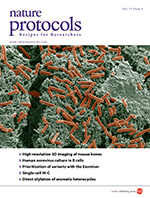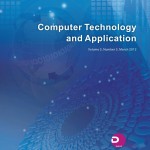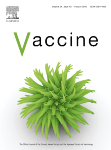The first author of two high-profile Nature retractions about a technique to easily create stem cells has lost another paper in Nature Protocols.
Haruko Obokata, once “a lab director’s dream,” according to The New Yorker, also had her PhD revoked from Waseda University last fall.
After learning of concerns that two figures are “very similar” and “some of the error bars look unevenly positioned,” the rest of the authors were unable to locate the raw data, according to the note. The journal could not reach Obokata for comment before publishing the retraction.
“Reproducible subcutaneous transplantation of cell sheets into recipient mice” has been cited 21 times, according to Thomson Reuters Web of Science. It was published in June 2011, soon after Obokata earned her PhD.
Here’s the note:
Continue reading STAP stem cell researcher Obokata loses another paper









